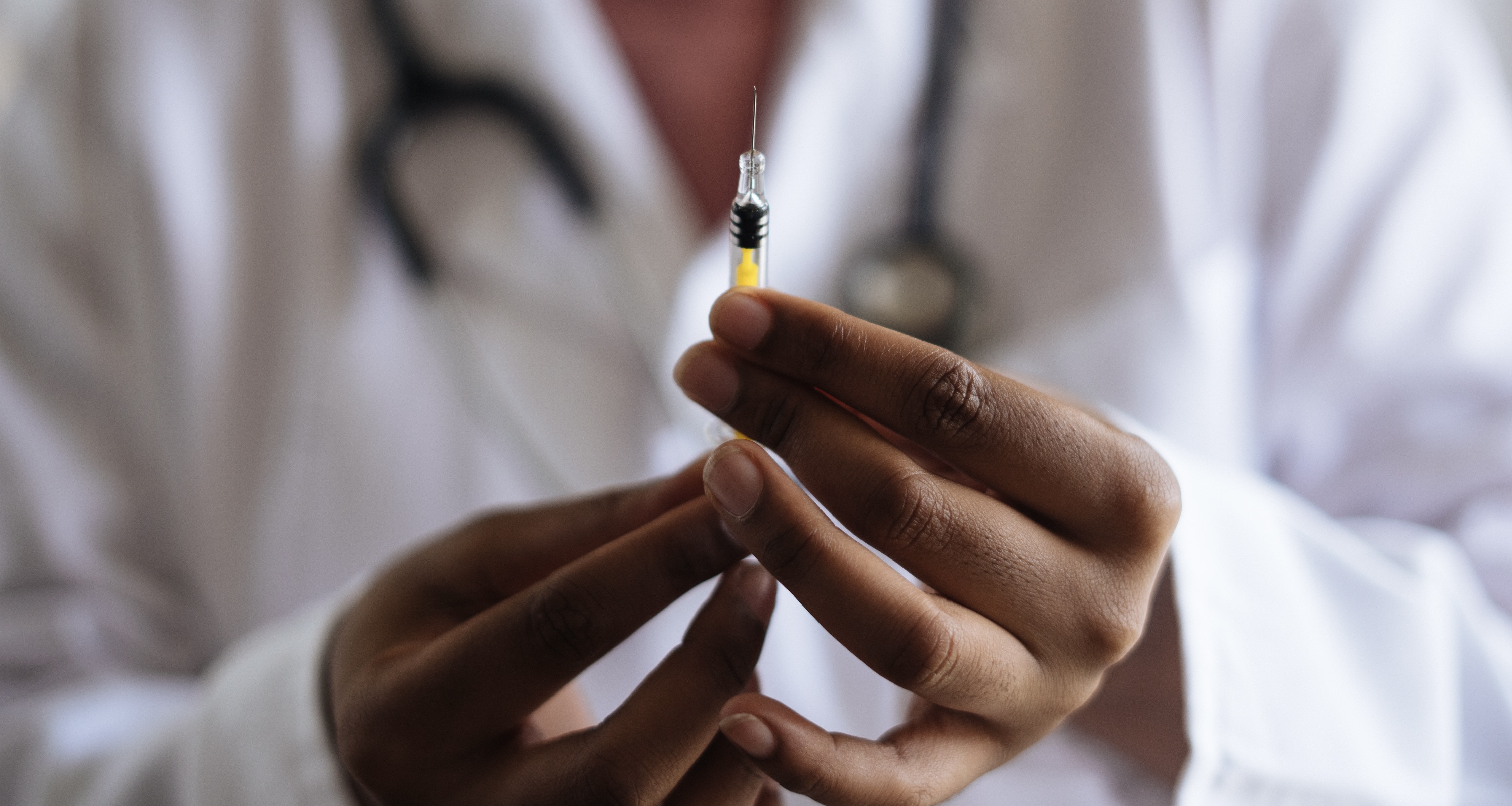UK to trial monkeypox vaccine in ‘smaller but equally effective’ doses amid shortage
The change in dosage is projected to enable a 5-fold increase in the number of people vaccinated.

Words: Emily Maskell; pictures: Pexels
With the monkeypox vaccine being in short supply, the UK is set to trial administering smaller doses of the vaccine in order to stretch current reserves.
The NHS is set to begin offering “smaller but equally effective doses” to eligible patients in an attempt to make the most of existing supplies to protect more people at risk, the UK Health Security Agency (UKHSA) has announced.
🧵 #Monkeypox vaccination update
Three NHS sites will shortly begin a pilot offering those eligible for a smallpox vaccine a smaller but equally effective dose, to maximise use of existing supplies in the UK.
This thread explains more 👇— UK Health Security Agency (@UKHSA) August 22, 2022
Due to global issues in the supply of the smallpox vaccine, which is being used to curb the monkeypox outbreak, the UK has practically run out of doses now the initial 50,000 doses of the vaccine, the maximum amount immediately available, have been allocated.
A further batch of 100,000 doses, which are being made to order, is set to arrive sometime in September.
Until then, three NHS sites are set to offer this safe and clinically-approved ‘fractional dosing’ approach, the first in Manchester beginning on Monday (22 August) and a further two in London set to follow suit.
This decision could allow as many as five times as many people to be protected against monkeypox: Recipients aged 18 and over will be offered a 0.1ml dose, instead of the typically administered 0.5ml dose, without compromising protection as clinical study results show the smaller dose provides “a near-identical immune response in patients.”
“Global supplies of the smallpox vaccine used to combat monkeypox are limited but we acted early to ensure the UK obtained the maximum number of doses available,” said Dr Mary Ramsay, the head of immunisation at the UKHSA.
“Adopting this tried and tested technique will help to maximise the reach of our remaining stock, including the 100,000 doses due to arrive in the country next month, potentially enabling us to offer protection for many more thousands of people,” Dr Ramsay added.
IMPORTANT: We’ve had an incredible response to the booked clinics available this week & next. All slots have now been filled. We’re sorry if you were unable to get one. We will keep you informed. Visit https://t.co/ZPWm8qm6v3 for advice on signs & symptoms. #monkeypox #manchester pic.twitter.com/nFqq5EZlE7
— NHS Greater Manchester (@NHS_GM) August 24, 2022
Dr Will Nutland, an honorary assistant professor at the London School of Hygiene & Tropical Medicine and a co-founder of PrEPster, welcomed the “pragmatic” decision of fractional dosing.
“Communities we are engaging with are keen to receive vaccination as soon as possible, and the pilots provide the opportunity to understand the acceptability and feasibility of providing vaccination this way,” he said.
Dr Nutland continued, outlining that the smaller doses when correctly administered will be as effective as the current vaccination method, that “we must now collectively move to ensure that those who are given the opportunity to receive vaccination are fully informed and are confident to come forward when invited.”
Anyone can catch #monkeypox. You get a rash with blisters plus aches, a fever and swollen glands for up to three weeks.
➡️ Spotted these symptoms? Avoid close physical contact with others and visit https://t.co/6UllY8fY3G as soon as you can. pic.twitter.com/VqdfqLnGaO
— NHS Birmingham and Solihull (@NHSBSol) August 24, 2022
Many have been critical when it comes to the handling of the monkeypox outbreak, responding to the news of the dwindling vaccine supply, Richard Angell, Campaigns Director at Terrence Higgins Trust, said it was “deeply concerning” and put the vaccination shortage down to a “lack of decisive leadership”.
The risk of monkeypox is disproportionally among gay and bisexual men and men who have sex with men (GBMSM) and as of 15 August, more than 25,000 GBMSM have been vaccinated by the NHS.
The symptoms of monkeypox are fever, aches and pains, tiredness, chills, swollen glands, and a rash that appears after a few days starting on the face and hands and spreads to the rest of the body, including the genitals.
Last month, UKHSA added the symptom of “a single lesion or lesions on the genitals, anus and surrounding area, lesions in the mouth, and symptoms of proctitis (anal or rectal pain or bleeding), especially if the individual has had a new sexual partner recently.”
The advice remains that if you think you have monkeypox, stay at home and contact 111 or your local sexual health service for advice.
The Attitude September/October issue is out now.

